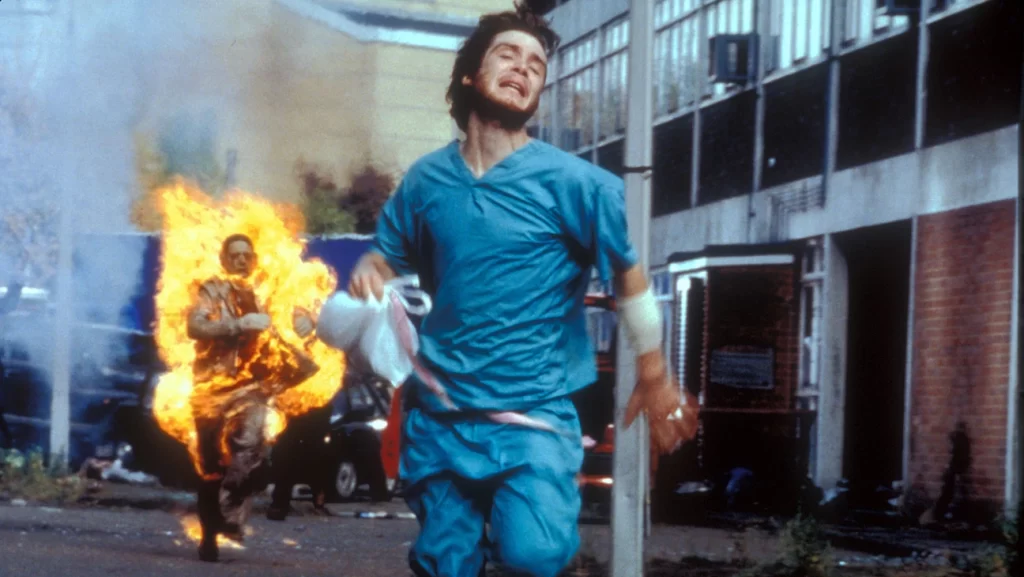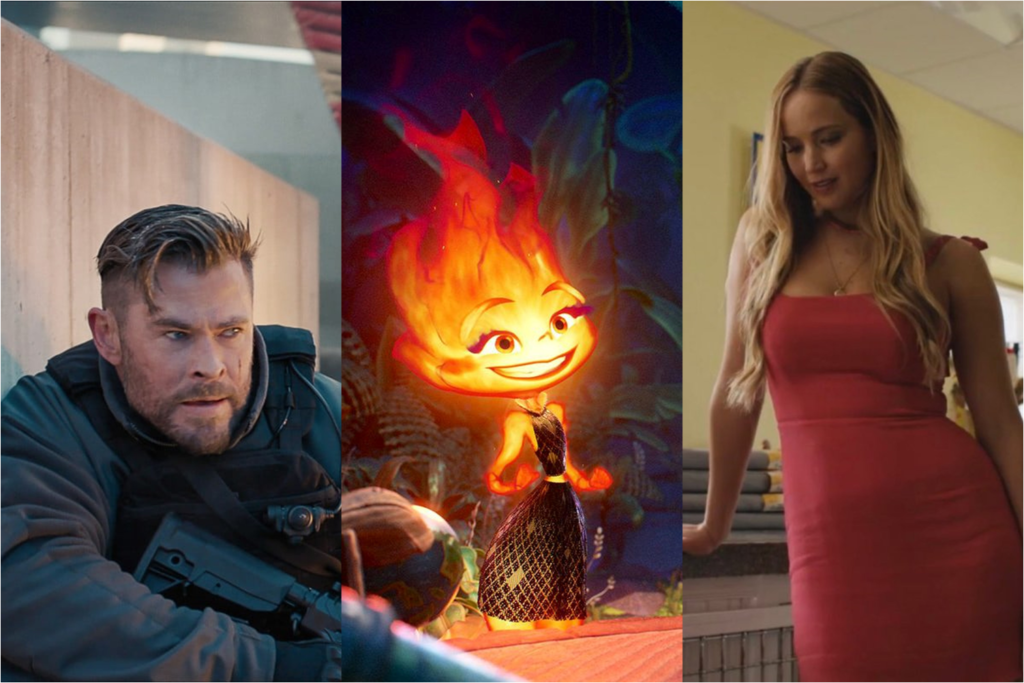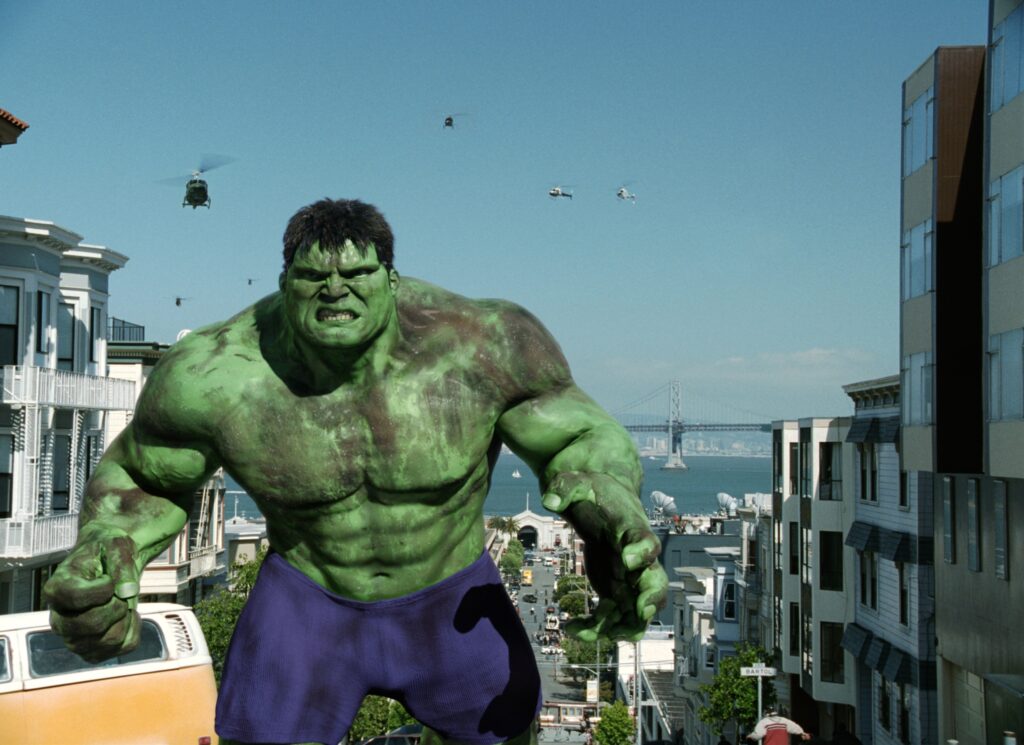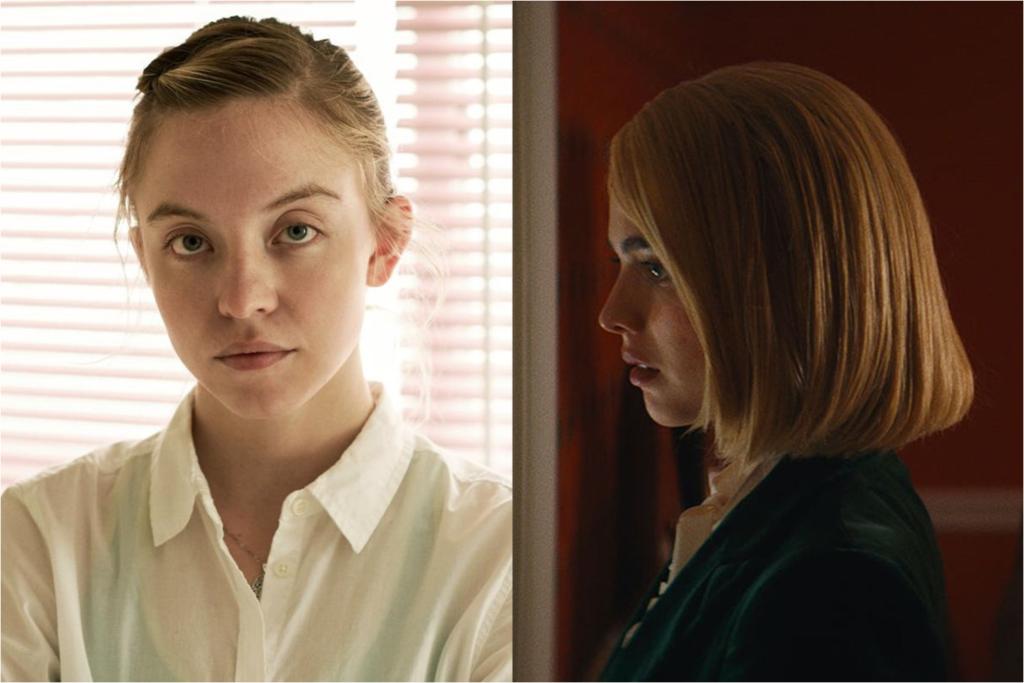Asteroid City: Turn That Town Upside-Down
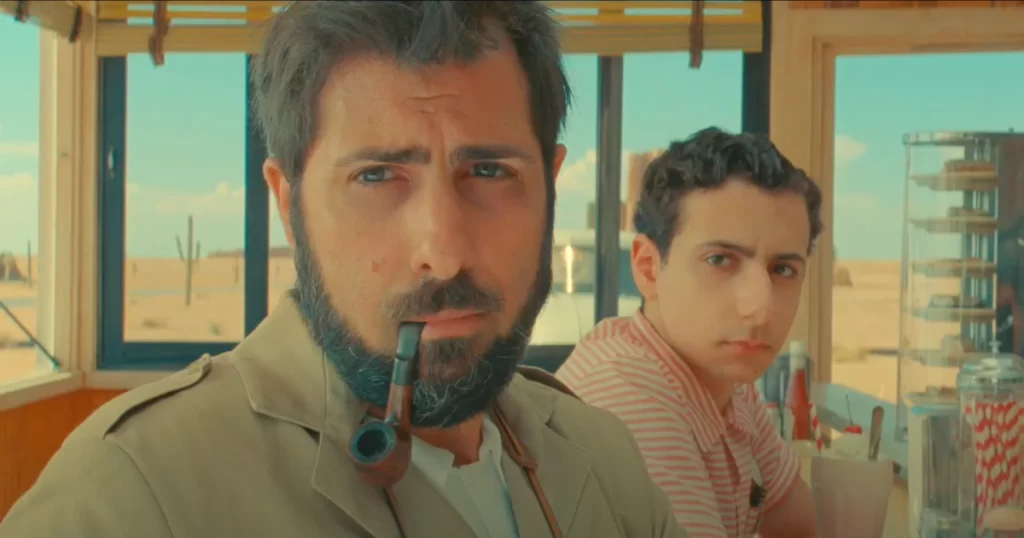
During a quiet moment in Wes Anderson’s The French Dispatch, a journalist played by Jeffrey Wright bristles when a television interviewer asks him why he’s written so frequently about food. “Never ask a man why,” he grumbles. Wright returns in Anderson’s new feature, the strange and beguiling Asteroid City (he plays a gruff military general with the onomatopoetic name of Grif Gibson), but his reporter’s distaste for contemplation has been left behind. Instead, the characters in this movie are constantly pondering questions of meaning and motive. Why does a photographer injure himself in a burst of frustration? Why does a brainy teenager constantly invite others to dare him to perform perilous stunts? Why does an alien suddenly appear in the middle of the desert? And above all: Why are we here?
“Here” is a matter of perspective in Asteroid City, which again finds Anderson indulging his penchant for nesting tales within tales, art within artifices. Simply telling an entertaining story is no longer sufficient for him, if it ever was; even Rushmore, his breakout second film released a quarter-century ago, found its amateur-playwright hero obsessed with substantiating his own legend. As it happens, that enterprising yearner was the screen debut of Jason Schwartzman, who stars here as Augie Steenbeck, a gifted photographer with four children, a recently deceased wife, and multiple types of baggage. Schwartzman, with his thin frame and bookish demeanor, is a natural fit for the famously fastidious Anderson (this is their eighth feature-length collaboration), but Augie is a departure, armed with a corncob pipe, a tanned complexion, and a masculine beard that’s so sharply manicured, you wonder if it’s a prosthesis. Read More

